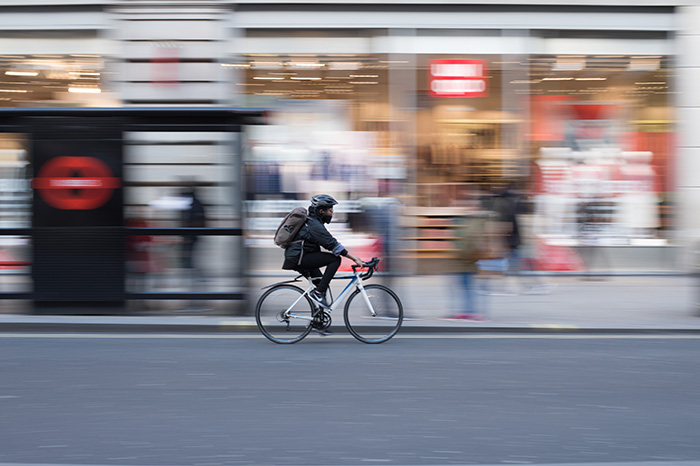What is the future of electric bikes in cities?
Posted on in Cycles News
Claire Monroe, guest writer for the ACT, has written an article with The Bike Storage Company on the future of electric bikes in cities.

With climate change and fuel prices on the rise, many people are turning to alternative methods of transportation in order to cut their carbon footprint and save money. The government is slowly getting into gear to support this change as well, installing more electric charge points, and better bike infrastructure in order to encourage people to make the switch.
However, many people are still reluctant to change their car for an e-bike. There’s no doubt that doing so does require a change in mindset and perhaps the way you start your day, but the benefits are clear to see. But what are the benefits to making the switch in a city? And what can cities do in order to ensure cycling is a viable option now, and in the future? We take a look.
The benefits of e-bikes in cities
When it comes to improving your eco-credentials, cycling to work is certainly significantly better than hopping in the car. Even if you have an electric vehicle, you’re still contributing to traffic on the road, which in turn leads to higher emissions from the petrol cars that are stuck in the queue with you. This is a particular problem in congested cities. As long as there are designated cycle lanes, biking helps reduce the number of cars on the road, and keeps the city moving.
City pollution is a problem both for the environment and our health. Air pollution can lead to a range of harmful health effects, such as headaches, breathing problems, cancers and asthma. E-bikes do not emit emissions when they’re being used, meaning they’re a clean, green way to get around a city. The more bikes used, the cleaner the air is for everyone – e-bikes are estimated to deliver £20 million worth of air quality benefits minimum before 2050.
Cycling can also be a quick way to do your daily commute. Unlike traditional bikes that might leave you sweaty when you arrive at the office, an e-bike means you can zip around the city, using the additional power to help you get to your destination. As long as there are cycle lanes, this means that you can potentially get to work quicker than you would have done in a car, meaning more time to snooze in the morning.
How can cities support cycling?

Of course, people will only choose cycling as an option en masse if it’s a safe, relatively easy choice. Cities like Copenhagen are ahead of the trend when it comes to cycling, with the infrastructure in place to support commuting by bike, including bike lanes, bike traffic lights and plentiful bike storage in public places and offices.
Other cities will need to follow suit if they want to increase the number of cyclists. Especially in London, cycling in some areas is notoriously dangerous, which understandably means that commuters won’t consider it. However, with changes like the ones that we’ve outlined above, the city could be a much better place to share the road.
